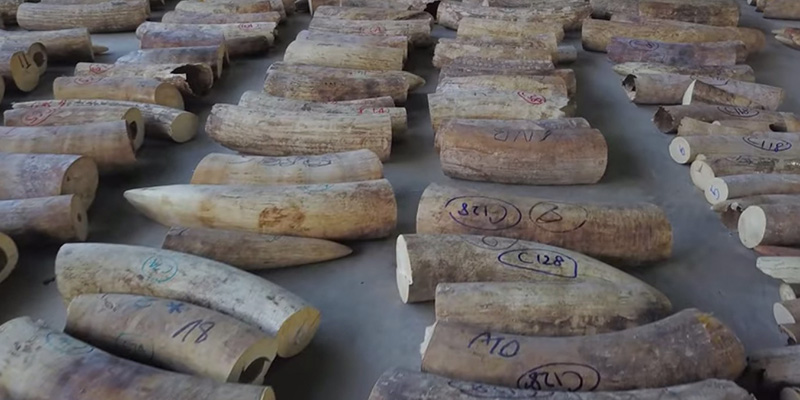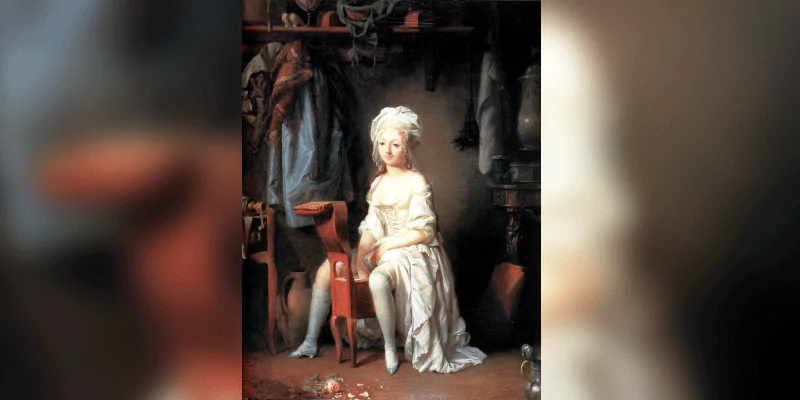A Singapore sono state sequestrate 8,8 tonnellate di avorio ricavato dalle zanne di 300 elefanti africani

A Singapore sono state sequestrate 8,8 tonnellate di avorio, ricavato dalle zanne di circa 300 elefanti africani per un valore intorno agli 11,5 milioni di euro. La consegna era partita dalla Repubblica Democratica del Congo ed era diretta in Vietnam via Singapore.
Oltre all’avorio, le autorità doganali di Singapore hanno anche scoperto una partita di scaglie di pangolino di 11,9 tonnellate con un valore stimato di 32 milioni di euro. I pangolini – animali che somigliano vagamente ai formichieri – sono gli unici mammiferi ad avere il corpo ricoperto di squame: sono una specie protetta e il loro commercio è vietato. Le scaglie vengono impiegate in Asia per la medicina tradizionale, mentre la loro carne è molto apprezzata in alcuni paesi asiatici. L’avorio e le scaglie di pangolino saranno distrutte per evitare che rientrino in futuro nel mercato nero.
Singapore negli ultimi anni ha intensificato i propri sforzi per contrastare il contrabbando dell’avorio, che transita per i suoi porti dopo essere stato spedito dall’Africa verso diverse destinazioni in Asia.


